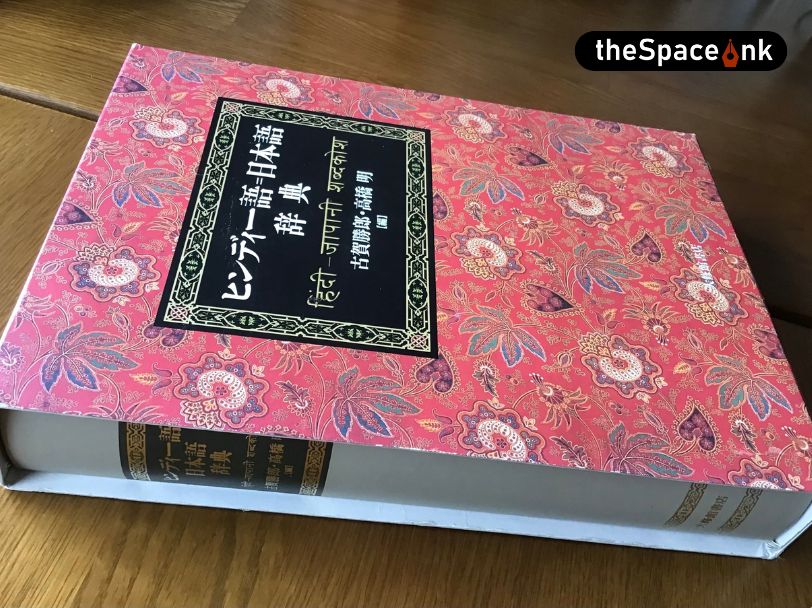Simone de Beauvoir, one of the most profound thinkers and writers of the 20th century, left an indelible mark on philosophy, literature, and feminism. Her works, including The Second Sex continue to inspire readers across the globe, challenging societal norms and provoking critical thought about gender, freedom, and existence. Central to her philosophy is the idea of existentialism, which emphasizes individual freedom and responsibility. The quote, “I was made for another planet altogether. I mistook the way,” encapsulates her sense of alienation and relentless quest for meaning in a world she often found confining.
Born on January 9, 1908, in Paris, Simone-Lucie-Ernestine-Marie Bertrand de Beauvoir grew up in a bourgeois family. Her early years were marked by intellectual curiosity and a keen awareness of societal expectations, particularly regarding gender roles.
Unlike many women of her time, she resisted traditional paths of domesticity and marriage, instead dedicating herself to intellectual pursuits.
Her partnership with Jean-Paul Sartre, another towering figure in existentialism, became a defining aspect of her life, although she steadfastly maintained her independence, refusing to conform to conventional notions of romantic or professional roles.

The aforementioned quote resonates deeply with de Beauvoir’s philosophical stance. It reflects a sense of otherness—a feeling of being out of place in a world shaped by restrictive societal norms. This alienation can be understood through her existentialist framework, which posits that individuals must create their own meaning in a seemingly indifferent universe. For de Beauvoir, this task was particularly challenging for women, as they were often denied the freedom to define themselves. The Second Sex explores this idea in depth, arguing that women have historically been relegated to the status of the “Other,” defined in opposition to men and denied the agency to shape their own destinies.
De Beauvoir’s writings emphasize the importance of transcendence—the ability to move beyond one’s immediate circumstances and strive for self-actualization.
She critiques the societal structures that confine women to immanence, a state of passivity and dependence.
The quote, “I was made for another planet altogether,” can be seen as an expression of her frustration with these constraints. It is a declaration of her belief that human potential—particularly women’s potential—is boundless, yet often thwarted by societal expectations.

Throughout her life, de Beauvoir defied these expectations. She was a prolific writer, producing novels, essays, memoirs, and philosophical works that tackled a wide range of issues, from existentialism to politics to aging. Her novel The Mandarins, which won the prestigious Prix Goncourt in 1954, explores the complexities of post-war intellectual life in France. Her memoirs, including Memoirs of a Dutiful Daughter, The Prime of Life, and All Said and Done, provide a candid account of her life and thoughts, offering readers a glimpse into her inner world.
Yet, de Beauvoir’s influence extends far beyond her literary achievements.
As a feminist, she was a trailblazer, challenging deeply ingrained notions of gender and advocating for women’s rights.
The Second Sex is a seminal work in feminist literature, laying the groundwork for the women’s liberation movement of the 1960s and 70s. In it, she famously declares, “One is not born, but rather becomes, a woman,” highlighting the social construction of gender and the ways in which women are conditioned /to accept their subordinate status.

This revolutionary perspective was met with both acclaim and criticism. While many praised de Beauvoir for her courage and insight, others dismissed her ideas as radical or unfounded. Despite the backlash, she remained steadfast in her commitment to challenging the status quo. Her work continues to inspire feminist thinkers and activists, reminding us of the importance of questioning societal norms and striving for equality.
Also Read: The Jane Austen Tarot Deck: Where Literature and Divination Meet
The quote also speaks to de Beauvoir’s existentialist belief in the importance of authenticity. For her, living authentically means embracing one’s freedom and taking responsibility for one’s choices. It requires a willingness to confront the absurdity of existence and create meaning through action. De Beauvoir’s own life exemplifies this principle. She refused to adhere to traditional roles, instead forging a path that was uniquely her own. Her partnership with Sartre, for instance, was based on mutual respect and intellectual collaboration rather than conventional notions of marriage or fidelity. This unconventional relationship allowed both of them to maintain their independence while enriching each other’s lives.
De Beauvoir’s sense of being “made for another planet” also reflects her global perspective and concern for humanity as a whole.
She was an ardent supporter of social justice, speaking out against colonialism, racism, and other forms of oppression.
Her travels to countries like the United States, China, and the Soviet Union broadened her understanding of the world and deepened her commitment to promoting human rights. In her later years, she became increasingly involved in advocating for the rights of the elderly, a cause she explored in her book The Coming of Age.

Her legacy is multifaceted, encompassing her contributions to philosophy, literature, feminism, and activism. She remains a symbol of intellectual rigor and moral courage, a reminder of the power of ideas to challenge and transform society. The sense of alienation expressed in the quote, “I was made for another planet altogether. I mistook the way,” underscores the challenges she faced in her quest for meaning and justice. Yet, it also highlights her resilience and determination to carve out a space for herself in a world that often sought to constrain her.
In celebrating Simone de Beauvoir, we honour not only her remarkable achievements but also the enduring relevance of her ideas.
Her work challenges us to think critically about our own lives and the societies we inhabit. It calls on us to embrace our freedom, confront our responsibilities, and strive for authenticity in all that we do. Most importantly, it reminds us of the transformative power of ideas and the importance of challenging the status quo in the pursuit of a more just and equitable world.
In a world that often feels alienating and confining, de Beauvoir’s philosophy offers a beacon of hope and possibility. Her belief in the boundless potential of human beings—particularly those who have been marginalized or oppressed—inspires us to imagine and create a better future. As we reflect on her life and legacy, let us take to heart her message of freedom, authenticity, and transcendence, striving to live lives that are true to ourselves and meaningful to others.

Simone de Beauvoir may have felt she “mistook the way,” but her journey led to profound discoveries that continue to enlighten and empower generations. Her sense of being “made for another planet” speaks to her visionary nature, her refusal to accept the limitations imposed by society, and her unwavering commitment to the pursuit of truth and justice. It is this spirit that we celebrate, a spirit that reminds us of the endless possibilities that lie within each of us when we dare to question, to dream, and to act.
Image Courtesy: Google Books, Elliott Erwitt, Magnum Photos, Wikimedia Commons
An Assistant Professor of English and an internationally awarded debater and writer, Ayushee finds her creative conduit in public speaking and writing. Her areas of interest include Cultural Studies, Greek Mythology, Eco-feminism, and Literature of the Subaltern. She rejuvenates by spending time in nature and reading.








